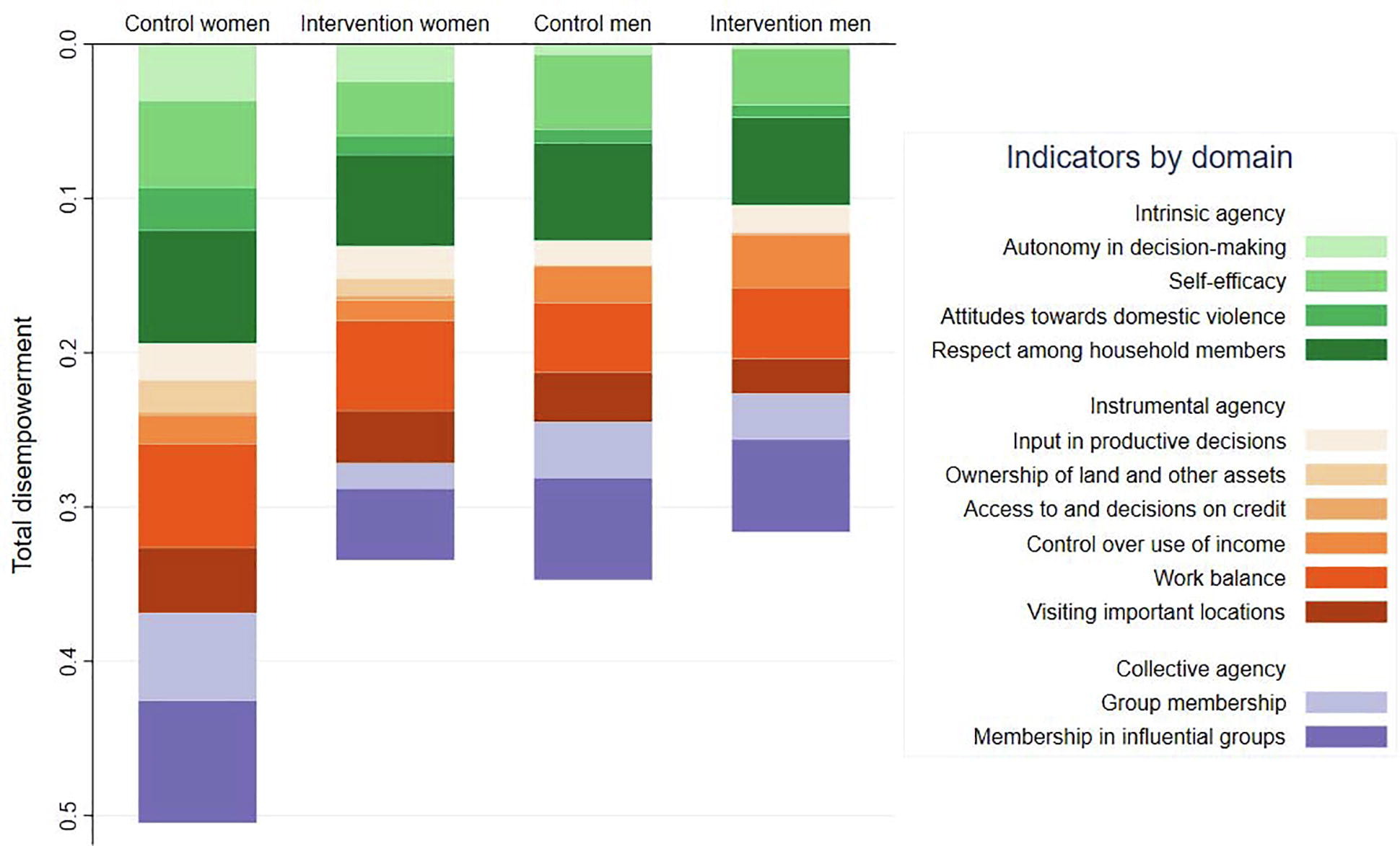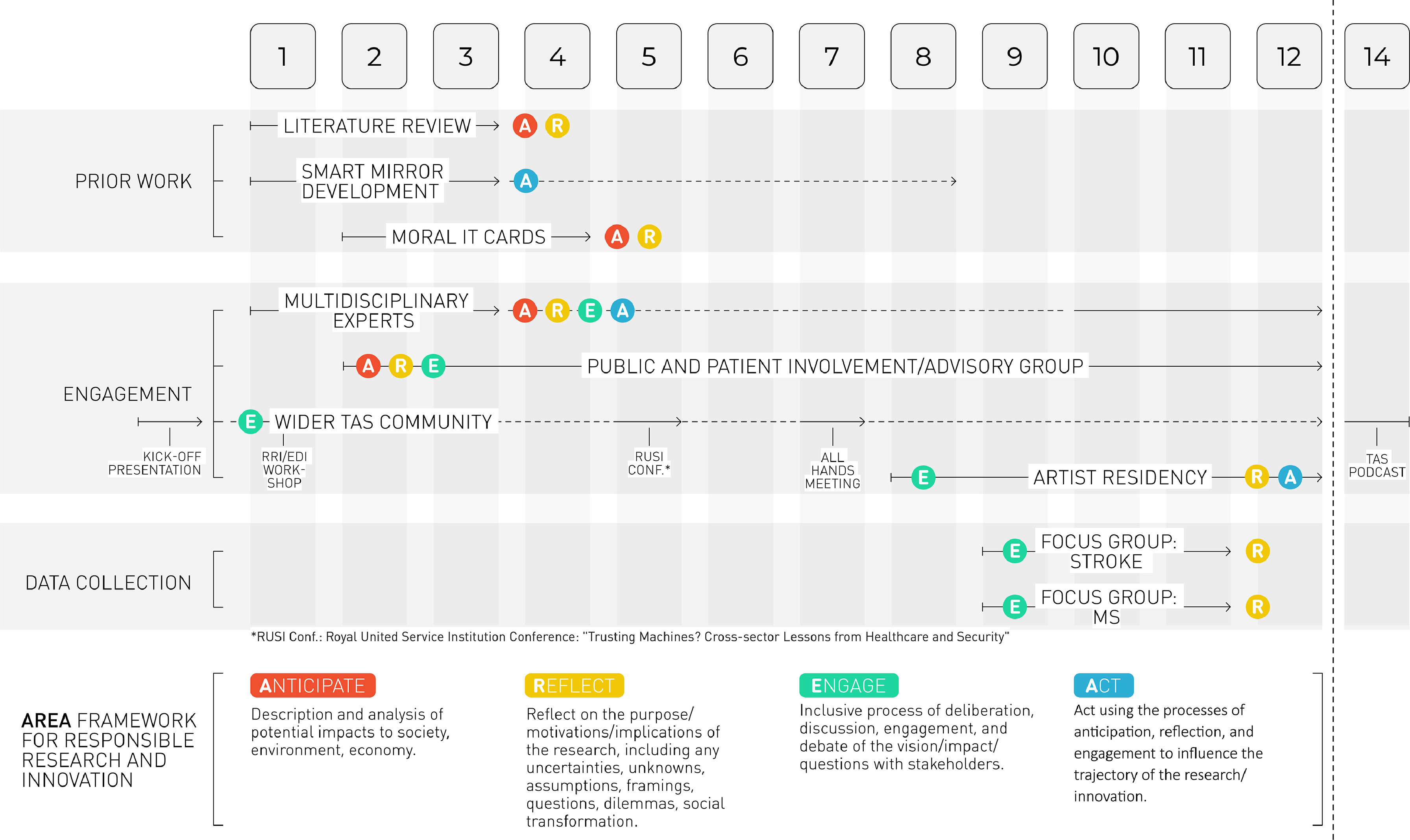Elsevier,
The Lancet Global Health, Volume 10, October 2022
This Article supports SDG 3 and 7 by estimating the prevalence of solid-fuel use with high spatial resolution to explore subnational inequalities, assess local progress, and assess the effects on health in LMICs without universal access to clean fuels.
Elsevier,
Journal of Responsible Technology,
Volume 12,
2022,
100049
Drawing on their project investigating multiple aspects of Trustworthy Autonomous Systems (TAS), the authors present their 'TAS for Health at Home' findings, exploring how assistive technology could and should be designed to support healthcare at home using principles of Responsible Research and Innovation (RRI).
Elsevier,
Redox biology, Volume 56, 1 October 2022
Deficits in mitochondrial function and redox deregulation have been attributed to Huntington's disease (HD). However, whether these changes occur in early stages of the disease and can be detected in vivo is still unclear. In this article, the authors analysed changes in mitochondrial function and production of reactive oxygen species (ROS) at early stages and with disease progression.
Elsevier,
Advances in Nutrition, Volume 13, September 2022
Food insecurity, defined as insufficient access to nutritious foods, is a social determinant of health that may underpin health disparities in the US. American Indian and Alaska Native (AI/AN) individuals experience many health inequities that may be related to food insecurity, but no systematic analyses of the existing evidence have been published. Thus, the objective of this scoping review was to assess the literature on food insecurity among AI/AN individuals and communities, with a focus on the prevalence of food insecurity and its relations to sociodemographic, nutrition, and health characteristics. Based on the review, recommendations for future research were derived, which include fundamental validity testing, better representation of AI/AN individuals in federal or local food security reports, and consideration of cultural contexts when selecting methodological approaches. Advances in AI/AN food insecurity research could yield tangible benefits to ongoing initiatives aimed at increasing access to traditional foods, improving food environments on reservations and homelands, and supporting food sovereignty.
Elsevier, Cell Genomics, Volume 2, 14 September 2022
Most disease-gene association methods do not account for gene-gene interactions, even though these play a crucial role in complex, polygenic diseases like Alzheimer's disease (AD). To discover new genes whose interactions may contribute to pathology, we introduce GeneEMBED. This approach compares the functional perturbations induced in gene interaction network neighborhoods by coding variants from disease versus healthy subjects. In two independent AD cohorts of 5,169 exomes and 969 genomes, GeneEMBED identified novel candidates.
Elsevier,
The Lancet Oncology, Volume 23, September 2022
This Article supports SDG 3 by estimating the impacts of the centralisation of specialist cancer services, focusing on travel time, equity of access, outcomes, and hospital workload. Using rectal cancer surgery centres as an example the authors found increases in travel times but reductions in readmission rates.
Elsevier, The Lancet Public Health, Volume 7, September 2022
This Article supports SDGs 5, 8, and 10 by investigating the prevalence of workplace sexual harassment and violence by demographic factors and work sectors among Icelandic women, providing nuanced targets for prevention and for public policies aimed at promoting women’s safety in the work environment.


![Overview of brain [64Cu]-ATSM retention and mitochondrial abnormalities in cells from Huntington's disease carriers, at premanifest and manifest disease stages, and in presymptomatic YAC128 mice. Overview of brain [64Cu]-ATSM retention and mitochondrial abnormalities in cells from Huntington's disease carriers, at premanifest and manifest disease stages, and in presymptomatic YAC128 mice.](https://sdgresources.relx.com/sites/default/files/mitochondrial_and_redox_modifications.jpg)
